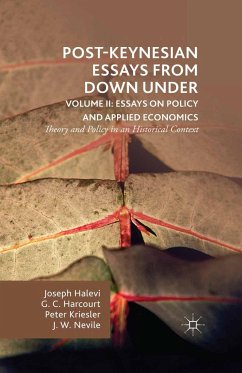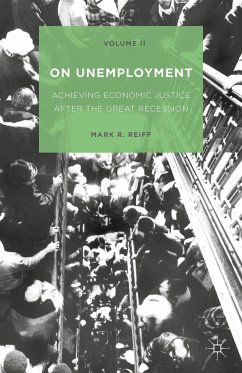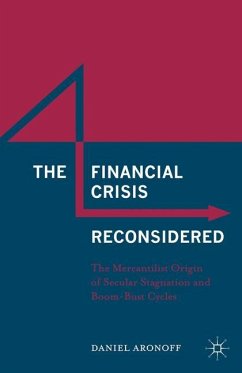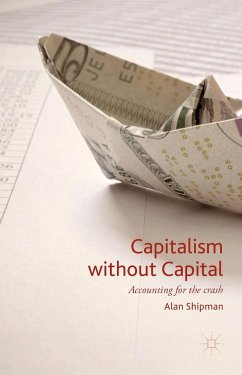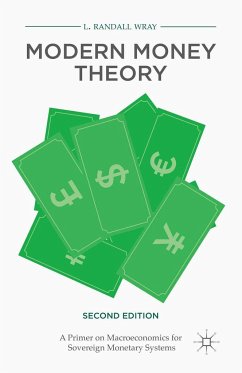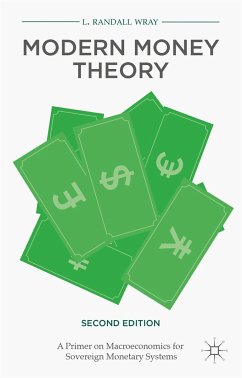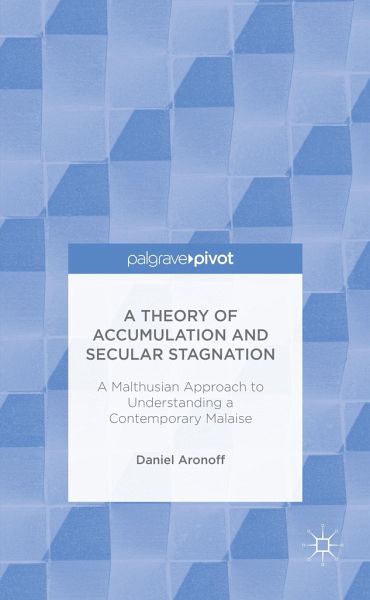
A Theory of Accumulation and Secular Stagnation

PAYBACK Punkte
19 °P sammeln!
Thomas Malthus identified a crucial tension at the heart of a market economy: While an accumulation of wealth is necessary to provide the capital investment needed to generate growth, too much accumulation will cause planned saving to exceed profitable investment, which will result in secular stagnation, a condition of low growth and underemployment of resources. Keynes drew inspiration from Malthus in his attempt to comprehend the causes of the Great Depression of the 1930s. Now, Aronoff demonstrates how a related but slightly different aspect of Malthus' thought can illuminate one of the mos...
Thomas Malthus identified a crucial tension at the heart of a market economy: While an accumulation of wealth is necessary to provide the capital investment needed to generate growth, too much accumulation will cause planned saving to exceed profitable investment, which will result in secular stagnation, a condition of low growth and underemployment of resources. Keynes drew inspiration from Malthus in his attempt to comprehend the causes of the Great Depression of the 1930s. Now, Aronoff demonstrates how a related but slightly different aspect of Malthus' thought can illuminate one of the most pressing issues of our times.
In A Theory of Accumulation and Secular Stagnation, Aronoff explores Malthus' ideas relating to secular stagnation and uses the insight gained to understand the origins of the subpar growth and tepid employment, periodically punctuated by booms, that has plagued the US economy since the turn of the millennium. He explains how the rise of mercantilism among Asian countries - principally China - and increased income concentration generated an upsurge in excess saving. This accumulation created a chronic deficiency in demand while also depressing interest rates, which generated a search for yield that fuelled periodic booms.
In A Theory of Accumulation and Secular Stagnation, Aronoff explores Malthus' ideas relating to secular stagnation and uses the insight gained to understand the origins of the subpar growth and tepid employment, periodically punctuated by booms, that has plagued the US economy since the turn of the millennium. He explains how the rise of mercantilism among Asian countries - principally China - and increased income concentration generated an upsurge in excess saving. This accumulation created a chronic deficiency in demand while also depressing interest rates, which generated a search for yield that fuelled periodic booms.





